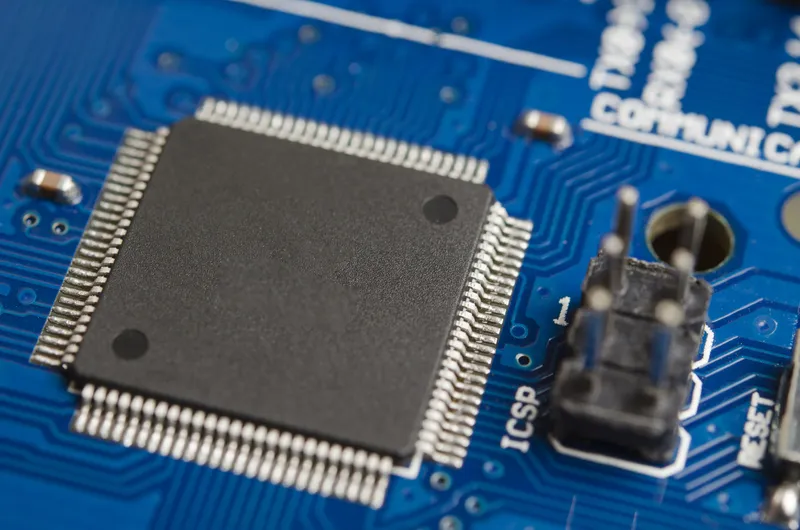Autonomous driving specialist
The tests will be carried out at 2getthere’s site in Utrecht next year without passengers, with a view to further testing at the airport itself in 2020 on a route in the Brucargo business zone.
The move stems from an agreement, signed in 2015, between public transport group De Lijn and Brussels Airport Company.
“This technologically innovative project deploying a self-driving electric bus operating a fixed route fits in with our environmental commitment to keep the impact on our surroundings as low as possible,” says airport CEO Arnaud Feist.
“Flanders is taking on the role of pioneer,” adds Flemish minister for mobility Ben Weyts. “In other countries driverless vehicles are already operational, but that is often in a separate lane with a steward on board. Here, the aim is to have the self-driving shuttle drive autonomously on the public roads.”
2getthere tests buses for Brussels Airport
Autonomous driving specialist 2getthere is to test self-driving electric buses for deployment at Brussels Airport. The tests will be carried out at 2getthere’s site in Utrecht next year without passengers, with a view to further testing at the airport itself in 2020 on a route in the Brucargo business zone.
The move stems from an agreement, signed in 2015, between public transport group De Lijn and Brussels Airport Company. “This technologically innovative project deploying a self-driving electric bus
April 25, 2018
Read time: 2 mins










